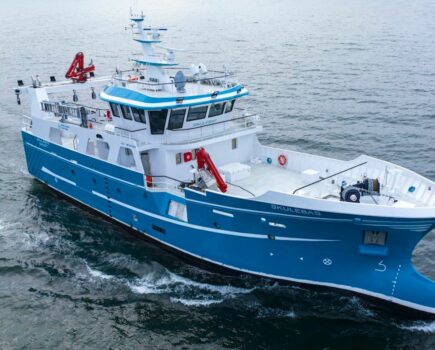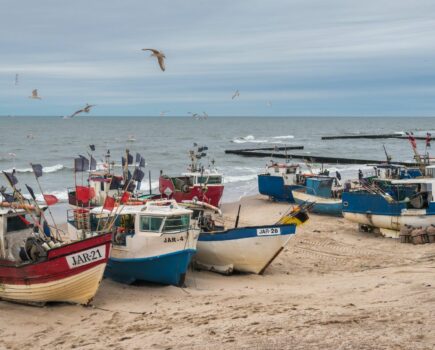Editor, Andy Read, comments on the inshore crisis…
“The most recent government statistics available confirm that 700 fishing jobs were lost in the previous 12 months. A detailed look at the figures show the vast majority of these were from the inshore sector. The next set of figures will be even starker. Anecdotal evidence is piling up from across UK ports, from the West of Scotland across to Kent and Essex, of a generation of small-boat fishermen throwing in the towel.
“The inshore sector is hugely diverse and dynamic. The fishermen in the fleet have always been adaptable, resourceful and resilient.
“Yet all this now is crumbling. MCA Code surveys, which seem for many to be a game of Russian roulette, are part of the equation. Inshore management, be it through a heavy-handed IFCA, or poorly thought-through closures in the Clyde, is another. In many areas, the English Channel in particular, a complete dearth of fish following years of overfishing by larger vessels is the final straw.
“Resilient, resourceful fishermen cannot diversify if regulators don’t allow alternative fisheries. Increasing regulation has stripped most fishermen of the opportunity to adapt to changing circumstances, or to change target species. Over-regulation in the 0-6nm zone creates a raft of new regulations small-boat owners have to face, with a bewildering array of different enforcement bodies.
“Catch App, IVMS, inshore MPAs, MCA Code errors, wind farms, dredge spoils… all against a backdrop of increasingly aggressive enforcement, placing fishermen as the enemy, the outsider. Where once inshore fishermen commanded respect, they increasingly are treated, and feel like, pariahs. This in itself has contributed hugely to the despair that so many in the sector now feel.
“The human cost of this cannot be overlooked. A generation of hardworking skippers and crew, with an average age of 56, are seeing their life’s work crumble in front of them. Multiple welfare organisations are warning of a mental health crisis across the industry. For those forced out early from an industry they love, but with mortgages paid off and pensions topped up, it is a sad, unpleasant end to a working life.
“For those who still need to make an income to survive and support their families, this is a disaster. Fishermen have always been proudly independent, and the last to seek any kind of hand-out or support. A pragmatic approach, even now, to these issues, a dialling down of the aggressive rhetoric from enforcers and regulators, would go some way to alleviating much of the unnecessary stresses being placed on many, without sacrificing sustainability or risking lives at sea.”








